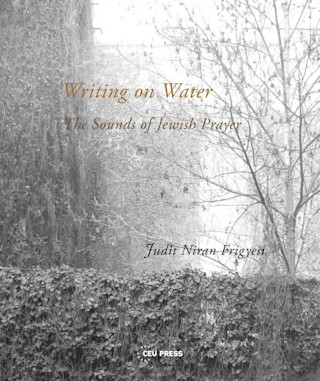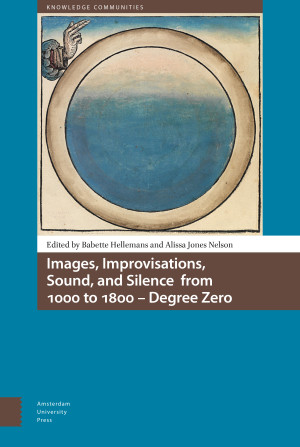The act of drawing a line or uttering a word is often seen as integral to the process of making art. This is especially obvious in music and the visual arts, but applies to literature, performance, and other arts as well. These collected essays, written by scholars from diverse fields, take a historical view of the richness of creation out of nothing (creatio ex nihilo) in order to draw out debates, sometimes implicit and sometimes formally stated, about the production and reproduction of cultural meaning in a period of great change and novelty, between the beginnings of the medieval intellectual tradition and the imprint of the Enlightenment. The authors pose the following questions: Do tradition and creativity conflict with one another, or are they complementary? What are the tensions between composition and live performance? What is the role of the audience in perceiving the object of art? Are such objects fixed or flexible? What about the status of the event? Is the event part of creation, in the sense that it disturbs the still waters of historical continuity? These and other questions build on the foundation of Roland Barthes' concept of Degree Zero, offering new insights into what it means to create.

